The Female Gaze: Spring 2014
Kat Cope ’05
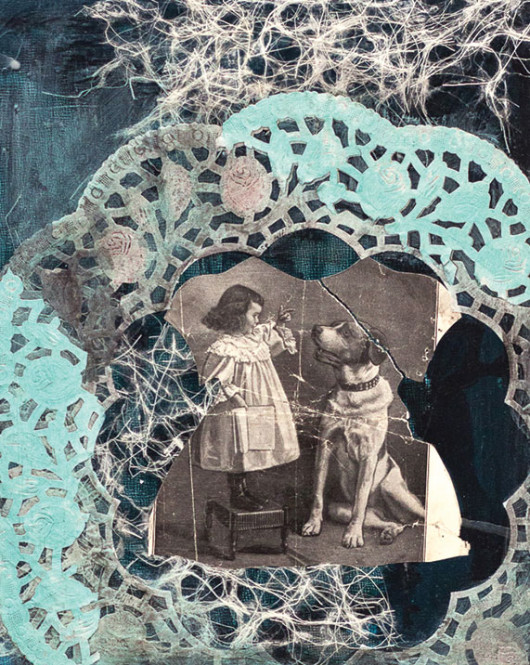 Working from her subconscious—saying she allows materials to guide her work, Kat Cope ’05 is a mixed-media artist who works in printmaking, papermaking, and collage. Drawing since she was a child, Cope says, “Even before I went to Mount Holyoke, I wanted to be an art major.”
Working from her subconscious—saying she allows materials to guide her work, Kat Cope ’05 is a mixed-media artist who works in printmaking, papermaking, and collage. Drawing since she was a child, Cope says, “Even before I went to Mount Holyoke, I wanted to be an art major.”
Much of Cope’s work grapples with the relationship between memory and loss. Her overlapping paper collages create occasional voids, though a viewer might not see them as such—they look woven and textured. Cope believes that voids are not empty caverns but rather living spaces that vibrate with emotions and memories.
Her collage technique mirrors the process of piecing together early childhood experiences. She often covers paper with wax to represent things that are not at the surface, and she likes to work with paper because, she says, “It’s a material that’s strong but also vulnerable.”
Exploring this paradox in her most recent project, Cope has created suits of armor from paper-doll dresses to explore the idea that memories of past experiences teach and protect us. While she continues to focus on memory and processing the past, through her paper-doll project she also concentrates on how memories shape people.
Cope had her first solo floor show, Onward March, at the Student Union Gallery at UMass-Amherst in October. Earlier in 2013, her collages were part of an exhibit that featured the work of three other artists she met during graduate school at UMass-Dartmouth, where she earned an MFA in printmaking in 2009. The group exhibit, Material Matters, was on view at galleries across Massachusetts.
The themes that recur in Cope’s work, those of loss and memory, are “universal themes of human existence,” she says. And her most rewarding moments as an artist have been when people tell her that her work has struck a chord with them.
Working out of her Brooklyn apartment, Cope looks forward to the day that she can make a living through her art. For now, she is a full-time sales associate at Miu Miu, a job that allows her to store up her artistic ardor. The world of high fashion “fuels my creative energy,” she says.
—By Olivia Lammel ’14
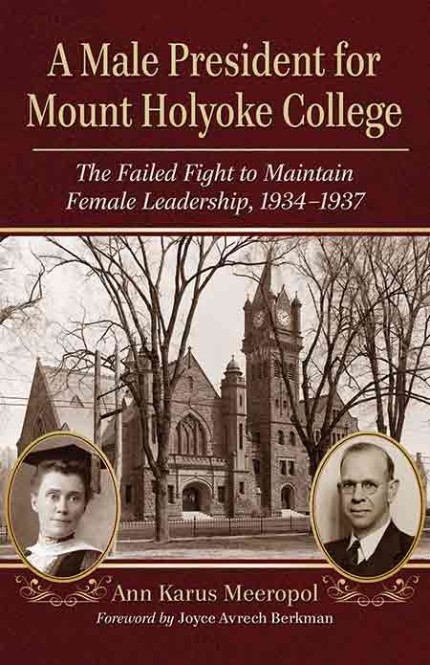 A Male President for Mount Holyoke College: The Failed Fight to Maintain Female Leadership, 1934-1937
A Male President for Mount Holyoke College: The Failed Fight to Maintain Female Leadership, 1934-1937
Ann Karus Meeropol
McFarland
During her thirty-six-year tenure, President Mary Emma Woolley transformed Mount Holyoke into an elite women’s college led almost exclusively by a female administration and faculty. Four years before her planned retirement, a group of male trustees began the search for her successor, and ultimately convinced the majority of the trustees to offer the presidency to Roswell Ham, an associate professor of English at Yale University. Meeropol offers a historical look at the controversy surrounding Ham’s appointment as the first male president of the College. Watch a video in which Ann Karus Meeropol discusses the book.
Ann Karus Meeropol holds a doctorate in the history of higher education from the University of Massachusetts at Amherst and is a former LITS Scholar-in-Residence at Mount Holyoke.
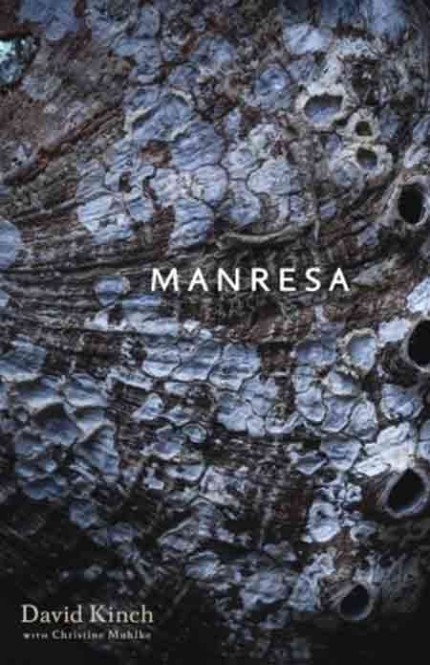 Manresa: An Edible Reflection
Manresa: An Edible Reflection
Christine Muhlke and David Kinch
Random House
A cookbook that leads readers into the kitchen with David Kinch, a well-known West Coast chef and owner of the Los Gatos, California, restaurant Manresa. Through stories, photographs, and more than 300 recipes, the authors share the restaurant’s favorite dishes and demonstrate Kinch’s food philosophy and his Northern California culinary influences.
Christine Muhlke ’92, a former food editor and columnist for the New York Times, is the executive editor of Bon Appétit and coauthor of On the Line: Inside the World of Le Bernardin.
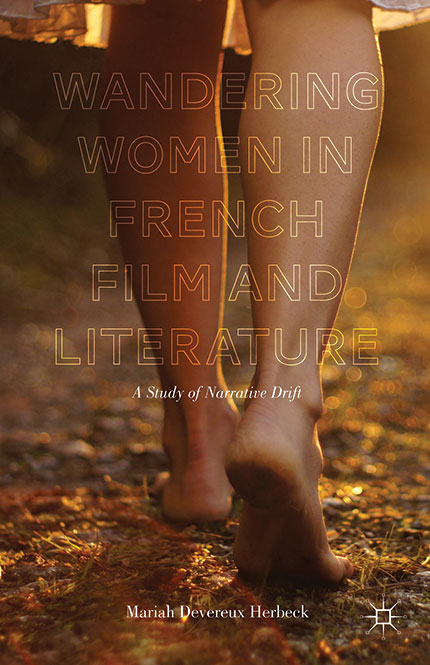 Wandering Women in French Film and Literature
Wandering Women in French Film and Literature
Mariah Devereux Herbeck
Palgrave Macmillan
This academic text is a study of narrative drift, a term Devereux Herbeck uses to refer to the phenomenon of a narrator’s voice becoming unreliable. The author explores works featuring female narrators whose authority may be questioned because of their unconventional voices. Through analysis of twentieth-century French film and literature and combining feminist theories and structural narratology, Devereux Herbeck illustrates the ways in which this narrative drift can force a story in new, unexpected directions.
Mariah Devereux Herbeck ’97 is an associate professor of French at Boise State University.
—By Olivia Lammel ’14
A Global Oboist
For thirty years, professional oboist Sarah Davol ’81 has performed a comprehensive canon of pieces with ensembles from all over the world. Since graduating with a degree in music, Davol has gone on to perform both modern and classical oboe throughout both the Americas and Europe with groups such as the American Classical Orchestra, the Los Angeles Baroque Orchestra, and the New York Chamber Soloists. She has performed at Lincoln Center as well as on Broadway for a wide array of productions ranging from Les Miserables to Little Women. Davol toured Ecuador and Chile with John Malkovich and Germany’s Wiener Akademie for The Giacomo Variations, part play and part chamber opera about the infamous womanizer Giacomo Casanova.
In 1998, Davol brought together a group of musicians to compose and perform music to protest overdevelopment and noise pollution in New Jersey’s wetlands, using her music to galvanize social and environmental issues. She was awarded a commendation from the State of New Jersey Legislature and from Bergen County, New Jersey, for the eco-music compositions. Since then the ensemble, Englewinds, has produced and performed pieces that celebrate the history and importance of New Jersey’s meadowlands and call attention to environmental issues such as the devastation of turtle habitats within the state and the increasing need for clean drinking water worldwide. Their first album, Tulpe, about the Lenni Lenape Native Americans—some of whom resided in what are now New Jersey’s wetlands—was on the short-list of nominations for the 2008 Grammy Awards.
Currently on the adjunct faculty of Sarah Lawrence College and William Paterson University, Davol coaches the early music Camerata at Rutgers University and is the wind coach at Manhattan College. She also travels to colleges, universities, and conservatories across the country, presenting her “History of the Oboe” lecture/demonstration, in which she plays nine different instruments. Her numerous upcoming live shows include solo concerts as well as performances with the American Classical Orchestra’s Handel Festival at Lincoln Center, and a children’s concert with Englewinds.
—By Camille Malonzo ’16
This article appeared in the spring 2014 issue of the Alumnae Quarterly.
Are you an artist?
Email your submission to us at quarterly@mtholyoke.edu.
April 17, 2014


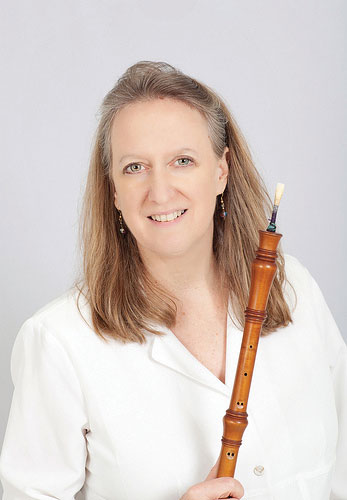





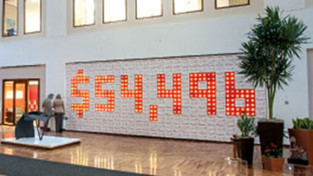
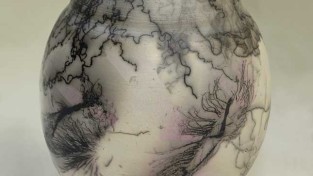
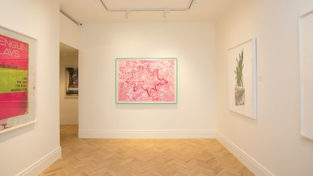
Eventually you start wonder what you might possibly have them that
they don’t already have. They can pair with skinny jeans or any pants or blazers you
like. It all depends on the part of specialization.
The important thing to success in the beginning is the
selection of cpc. Jobs, schools, places as well as girls (And yeah,
girls consult the internet too about boys). There are specific
advantages of internet businesses.
There is certainly competition trying to lower your company’s reputation.
Should you create something that’s great,
people will believe it is. Ignoring this isn’t healthy form a permanent
perspective, as well.